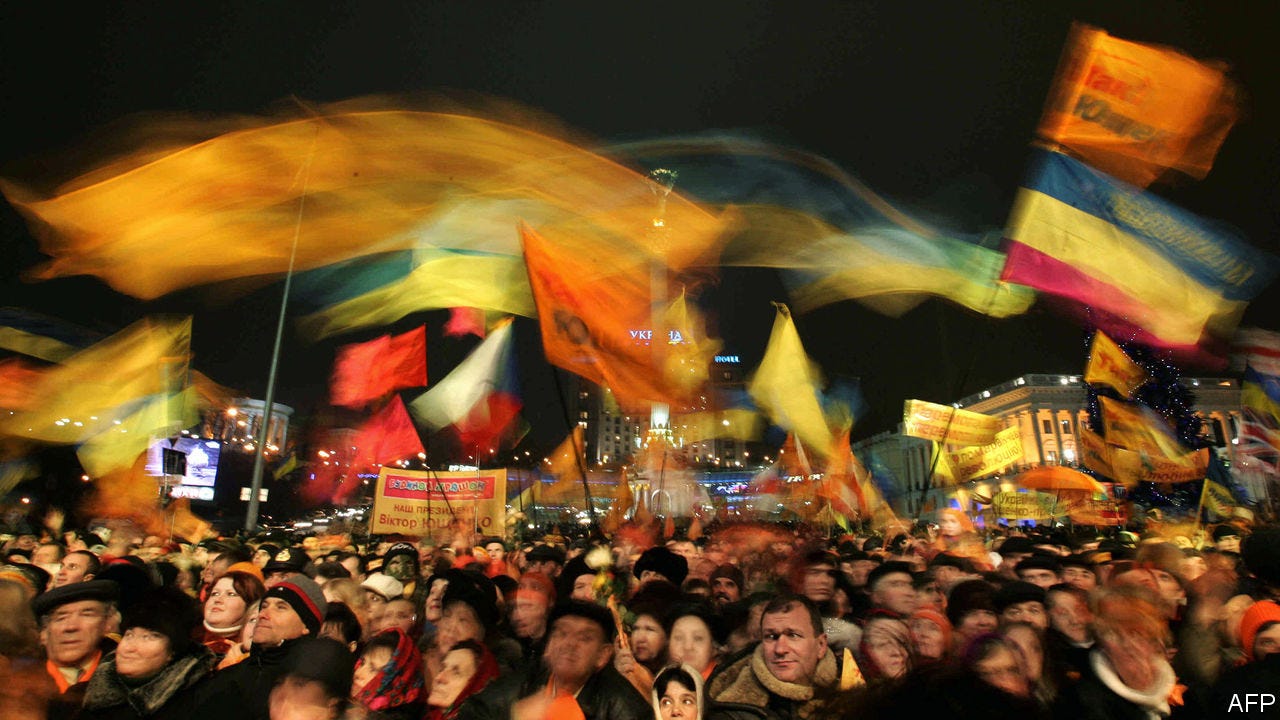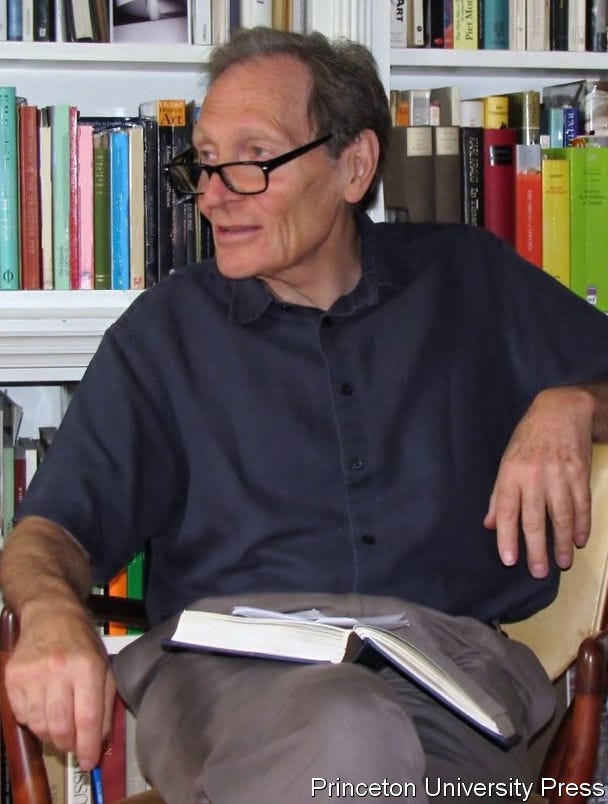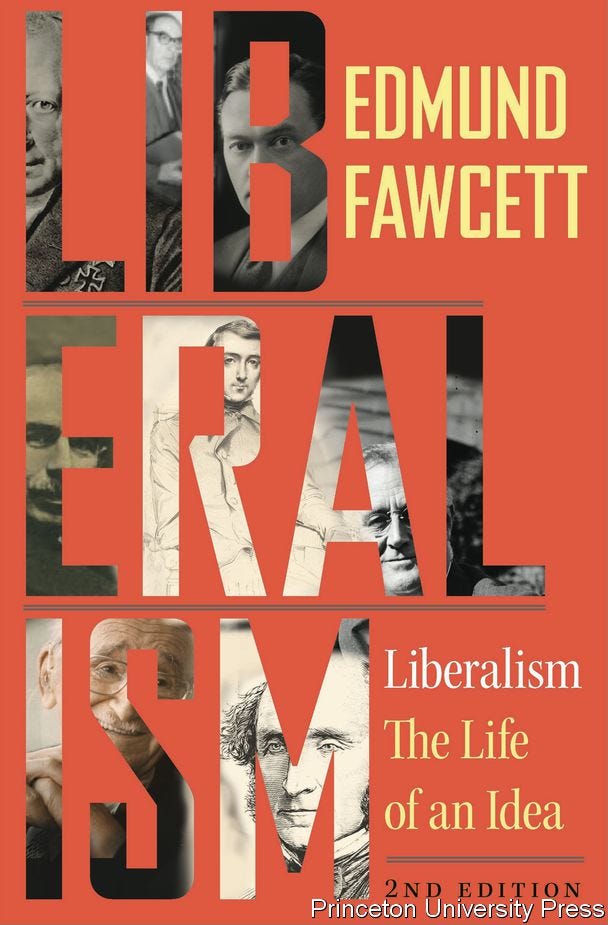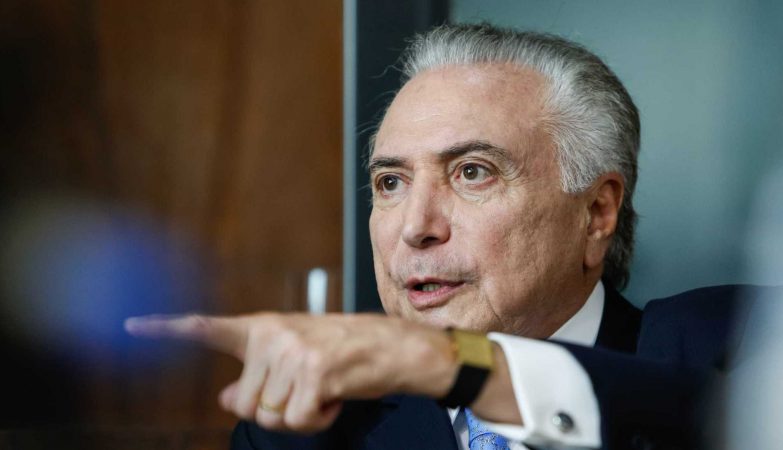Why liberals need to be vulgar
An interview with Edmund Fawcett on his book “Liberalism”
Insight and opinion on international news, politics, business, finance, science, technology, books and arts.

“A feeble creed for weedy people! Rightists and Leninists love that caricature,” says Edmund Fawcett about liberals. The Economist asked Mr Fawcett to reply to five direct questions in answers of roughly 100 words.
Mr Fawcett is the author of “Liberalism: The Life of an Idea”, which was published this month in a second edition, making room for President Donald Trump, Brexit and other political tremors that have shaken the liberal mindset. He was a journalist at The Economist for 30 years before retiring in 2003.
His responses are below. They are followed by an excerpt that he picked because, as he put it: “Liberalism is easy to recognise but hard to sum up. You have to start somewhere, though, and this extract — from my preface — works, I trust, as a front door.”
In a word, liberalism needs to become democratic again.
What is liberalism?
There’s no one-sentence answer, yet you can fill a library with complicated academic answers. The thing to hang on to is that we can all recognise liberalism, especially now it’s under threat. If pressed for a thumbnail, I’d pick out four key liberal beliefs: society is always in conflict; undue power — of the state, wealth or oppressive majorities — has to be resisted; human progress is possible; and everyone deserves society’s respect, whoever they are. Each idea has ancient roots. Looking for them in political form before the 19th-century is like looking for the Athenian bicycle or the medieval microchip.
Not long ago liberals won the Cold War. They dominated public argument and the agenda for policy. What went wrong for them?

When Soviet communism collapsed, liberals needed to wake up and see two things. One, there were attractive non-liberal roads to capitalist development. Liberals shouldn’t have been surprised by Turkey or Hungary, let alone Russia and China. Two, in the liberal West itself, liberalism’s strength and scope greatly varied. Liberalism could be more democratic or less democratic: more for everyone, or more for a few. Liberals are forever forgetting and having to relearn that lesson. After 1945, liberalism spread its benefits and protections to many. Now, liberalism looks too much like privilege. In a word, liberalism needs to become democratic again.
Liberalism devours itself by giving too much freedom and letting anti-liberals undermine it by, for example, banning certain kinds of speech.
No-platforming makes a handy bat for bashing liberals. But liberalism has nothing to answer for. Acceptable speech is bound to be fought over. What’s socially acceptable or unacceptable to say in public shifts. Think of blasphemy. Think of the word “fuck”. The fight now is over demeaning stereotypes and views that endorse them. Unacceptable? Some think yes, some no. Liberalism rightly sets a high bar against laws limiting speech. But legally permissible doesn’t mean socially acceptable. If talk of some kind becomes odious in society, it’s not for liberals to make society change its mind on behalf of free speech.
Liberals do need to sound tougher. They need clearer, shorter, more vulgar ways to say what they stand for.
Is the liberal credo intellectual and passive? Under attack from active, muscular creeds, does liberalism hide in its library?
A feeble creed for weedy people! Rightists and Leninists love that caricature. It’s cheap and easy. But who laughs last? Recall what liberals believe in. It takes tough-mindedness to see conflict in society as inevitable. You need toughness to stand up to undue power, to press for progress even if it rolls back on you, to stand up for everyone, however stupid, burdensome or seemingly useless. Liberals may look wet. But don’t push them. Think of Lincoln or Roosevelt. That said, liberals do need to sound tougher. They need clearer, shorter, more vulgar ways to say what they stand for.
Are there any modern or contemporary thinkers who you rank among the great liberals, or are all liberal heroes of a bygone era?
You can get a long way without giants and heroes. Liberalism hasn’t at present intellectual heroes like Constant, Humboldt or Mill in the 19th century. They not only thought and wrote about, but also practised, politics. On the other hand, liberalism is much better defended in depth intellectually than it was then. That’s hard to see, of course, as knowledge is fragmented and specialised. To make those deep defences accessible to a wide public takes breadth of view and skill at summary. Outstanding professors still combine learning and eloquence, for example, Thomas Nagel in America or Pierre Rosanvallon in France.

An excerpt from the preface of “Liberalism”, 2nd edition:
To shore up a weakened building, you need to understand its foundations. You need to grasp what it rests on, why it arose, and what it is for. So it is with democratic liberalism, or to use the more familiar name, liberal democracy. Nobody who witnessed recent political shocks and watched anti-liberal successes in Europe and the United States can doubt that liberal democracy is under challenge from inside and out.
As discrepancies of wealth and power widened in recent decades, disaffected citizens questioned liberalism’s aims and ideals. A great structure of historic wealth and shelter that lately appeared to be the envy of the world showed weaknesses and flaws. As the pride of its occupants gave way to self-doubt, people on all sides asked, were those flaws reparable or fatal? Across the world, liberalism’s geopolitical prestige was dimmed by rising powers that offered attractive-looking non-liberal paths to material progress and stability. The liberal democratic world itself appeared to be splitting as the United States and Britain took illiberal paths politically and unilateralist paths internationally, leaving a shaken France and Germany as European standard-bearers for the liberal order.
This article first appeared in the Open Future section of The Economist on May 17th 2018. Read more about Open Future, The Economist’s global conversation on markets, technology and freedom in the 21st century.





